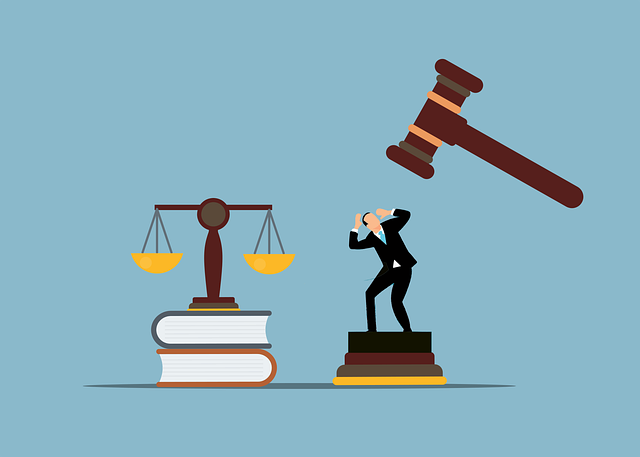Understanding Oregon's criminal code is crucial for both defendants and legal professionals navigating the state's justice system. The Oregon Revised Statutes (ORS) offer a comprehensive, structured framework categorizing crimes from misdemeanors to felonies with corresponding penalties, updated regularly to reflect changes in criminal justice. Delving into specific statutes covering investigations, arrests, trials, and appeals is key to comprehending Oregon laws, which balance prosecution with the protection of citizen liberties. Knowledge of these laws, including rights like presumption of innocence and right to remain silent, empowers individuals to navigate the system effectively while safeguarding their legal defenses.
Oregon’s criminal law system offers a unique blend of state-specific regulations and broader federal guidelines. This comprehensive guide aims to demystify Oregon’s criminal code, providing an in-depth look at defense strategies and procedural steps. From understanding the scope of criminal law and exploring various legal defenses to navigating the roles of key stakeholders, this article offers insights for both legal professionals and individuals familiarizing themselves with Oregon’s justice system. Unravel the intricacies of plea bargains and trials, ensuring you’re equipped with knowledge about Oregon laws.
- Understanding Oregon's Criminal Code: A Comprehensive Overview
- – Definition and scope of Oregon criminal law
- – Key principles and rights guaranteed to defendants
Understanding Oregon's Criminal Code: A Comprehensive Overview

Oregon’s criminal code is a comprehensive set of laws designed to address criminal offenses and ensure fair procedures. Understanding this code is crucial for both defendants and legal professionals navigating the state’s justice system. The Oregon Revised Statutes (ORS) provide a detailed framework, categorizing crimes into various types, from misdemeanors to felonies, each with distinct penalties. This structured approach allows for clarity in defining criminal acts and their consequences.
The code is regularly updated and amended, reflecting the evolving nature of criminal justice. Legal experts must stay informed about these changes to offer accurate advice. Understanding Oregon laws involves delving into specific statutes related to investigations, arrests, trials, and appeals. Key provisions cover search warrants, self-defense, and the rights of accused individuals, ensuring a balanced approach to criminal prosecution while safeguarding citizen liberties.
– Definition and scope of Oregon criminal law

Oregon criminal law encompasses a set of rules and regulations that govern crimes and their punishment within the state. It is a complex legal framework designed to ensure fairness, protect citizens, and maintain public safety. Understanding Oregon laws is crucial for both individuals and legal professionals navigating the state’s justice system.
The scope includes various offenses, from minor misdemeanors to serious felonies, each with distinct penalties. Oregon’s criminal code outlines specific elements that constitute different crimes, providing clear guidelines for law enforcement and prosecutors. This structured approach enables a consistent application of justice, offering citizens a transparent legal framework to safeguard their rights and understand the consequences of potential transgressions.
– Key principles and rights guaranteed to defendants

In Oregon, criminal defense is governed by a robust set of laws designed to protect both individuals and the state. Understanding Oregon laws is crucial for anyone facing criminal charges. Key principles guarantee defendants the right to a fair trial, ensuring they are informed of the charges against them and have access to legal counsel. The presumption of innocence is a cornerstone, placing the burden of proof on the prosecution to demonstrate guilt beyond a reasonable doubt.
Additionally, Oregon laws provide defendants with specific rights during arrest and interrogation, including the right to remain silent and consult with an attorney. These protections aim to prevent coercion and safeguard individual liberties. Knowing these rights empowers individuals to navigate the criminal justice system more effectively, ensuring their legal defenses are preserved throughout the proceedings.
